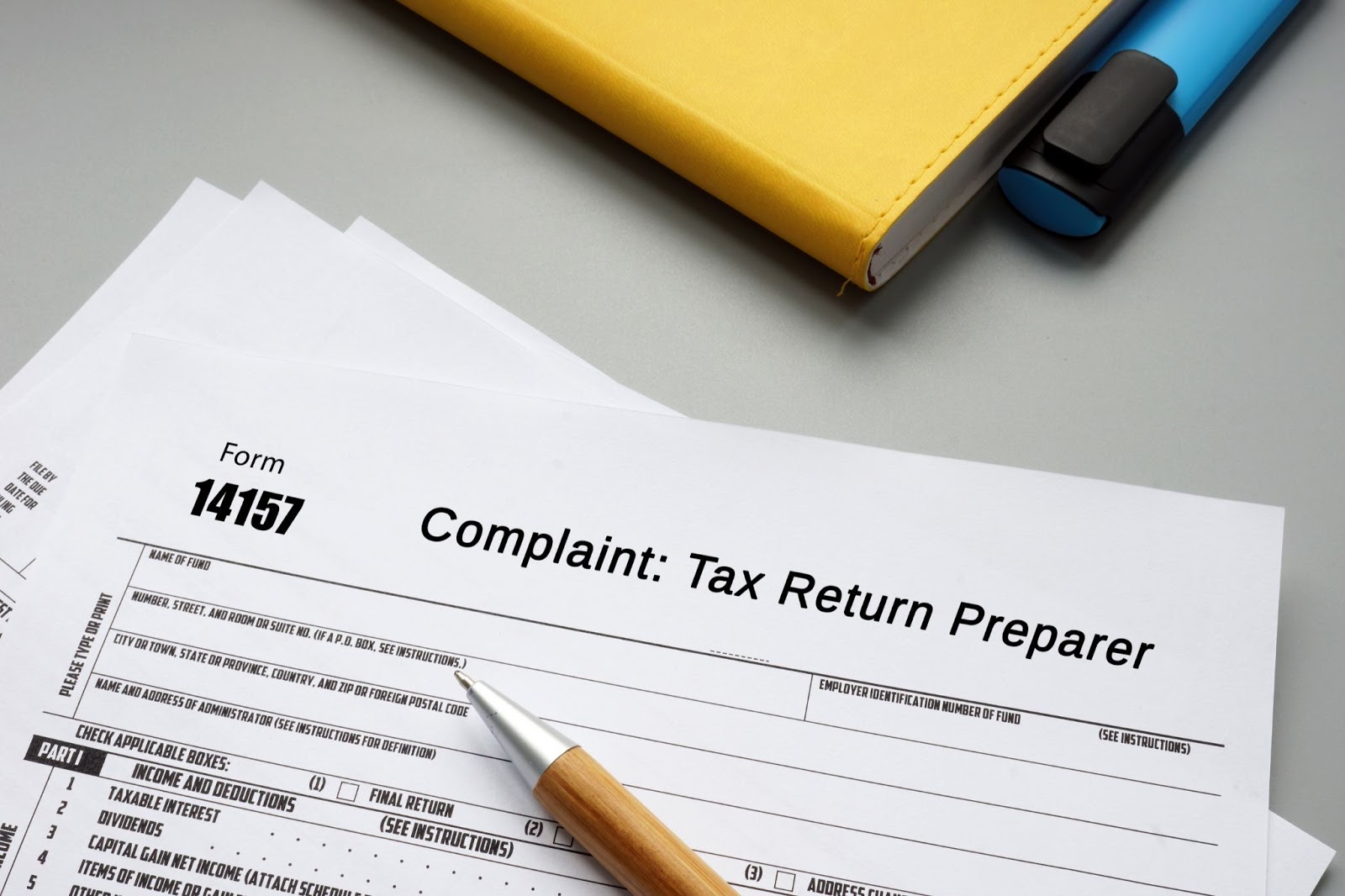
Since taking office in January, President Joe Biden has pushed for greater oversight of tax preparers at the federal level. The American Family Plan initiative takes aim at unscrupulous or unqualified preparers and would give the Internal Revenue Service (IRS) greater powers to regulate preparers nationwide. Why is this effort so important, and what does it mean for you?
Understanding the Problem
If you contract with a professional for a service—such as having a new driveway poured, a tooth extracted, or your haircut, you’d probably want to be sure that the person caring for your needs is properly licensed and qualified to do their job reputably. Surprisingly, however, there are few administrative or regulatory hurdles for those seeking to become professional tax preparers. The result is a surfeit of under-qualified or even disreputable tax preparers offering their services on the open market.
Unqualified or disreputable preparers can cause a world of headaches for their clients, resulting in audits, fines, penalties, and a greater tax obligation.
- Unintentional errors can result in an overpayment of tax or trigger a
tax audit. - Intentional attempts by preparers to deceive the IRS may result in fines or penalties to the taxpayer, identity theft issues, and investigations.
Why Is it So Easy to Become a Tax Preparer?
While many professional tax preparers do undergo significant training from accredited organizations and post their credentials proudly. Unfortunately, the bar for becoming a tax preparer is set significantly lower. Want to advertise yourself as a tax preparer? There’s not much that the government can do at the federal level to ensure that you’re qualified.
The easiest route to becoming a tax preparer is to obtain a Preparer Tax Identification Number (PTIN). By completing a few forms online, and paying a fee under $40.00, you can obtain a PTIN and begin advertising your services as a tax preparer. This leaves the field open to nearly anyone, regardless of skill level, experience, or reputability.
Tackling Predatory Tax Preparers
Often a disreputable or unqualified tax preparer will establish a location in a low-income neighborhood, offering tax prep services at an affordable cost. Unfortunately, these fly-by-night operations can quickly spring up in traditionally underserved neighborhoods, then vanish just as easily—leaving in their wake an array of confused and angry taxpayers who must now seek new resources to fix the preparer’s errors or omissions.
Some states, like New York and California, have undertaken their own initiatives and currently have laws on the books regulating tax preparers in their states. A national law, however, would codify requirements for tax preparers at a national level. The hope is that this would crack down on disreputable tax preparers while providing some assurance to taxpayers that the preparer they choose will be held to a national standard.
This Fight Isn’t New
For the past decade, the IRS has sought greater powers to regulate tax preparers nationally. A 2011 rule would have required tax preparers to take and pass a competency exam to ensure they were up to date on any recent changes to the tax code. Several tax preparers filed suit, however, alleging that the IRS lacked the authority to impose these restrictions. In the end the courts sided with the preparers, handing the IRS a defeat in its bid to rein in unscrupulous or incompetent preparers. That decision was upheld by the DC Court of Appeals in 2014.
The Sticking Points
While there have been many bills and proposals aimed at the problem, few if any have taken root. Key issues remaining to be addressed include:
- How much continuing education should tax preparers be required to have to get and remain certified?
- What background checks are needed for prospective tax preparers?
- Who’s going to pay for all this?
As the wrangling in Washington continues, it is hoped that a coherent national policy will be approved.
What a National Policy Would Mean For You
Basically, a national set of standards and requirements for tax preparers will help taxpayers in several ways.
- It assures you that the preparer you choose is qualified to do the work
- It reduces the chances of error-filled returns that can result in fees and penalties
- It potentially reduces the number of audits and additional scrutiny on already economically challenged families
- It discourages predatory “pop-up” tax preparation service offices in low-income neighborhoods
- It provides you with some recourse if the work is done improperly or incompetently
At Moskowitz LLP, your return and your trust are important to us. That’s why we are committed to providing our clients with only top-quality service rendered by qualified and reputable preparers. Our attorneys and licensed tax preparers are also experienced in cleaning up problematic situations created by unqualified or disreputable preparers. We can help, even if the IRS has already opened an investigation into your tax return.
Have questions about your return? Don’t stress out. Contact Us Today!
